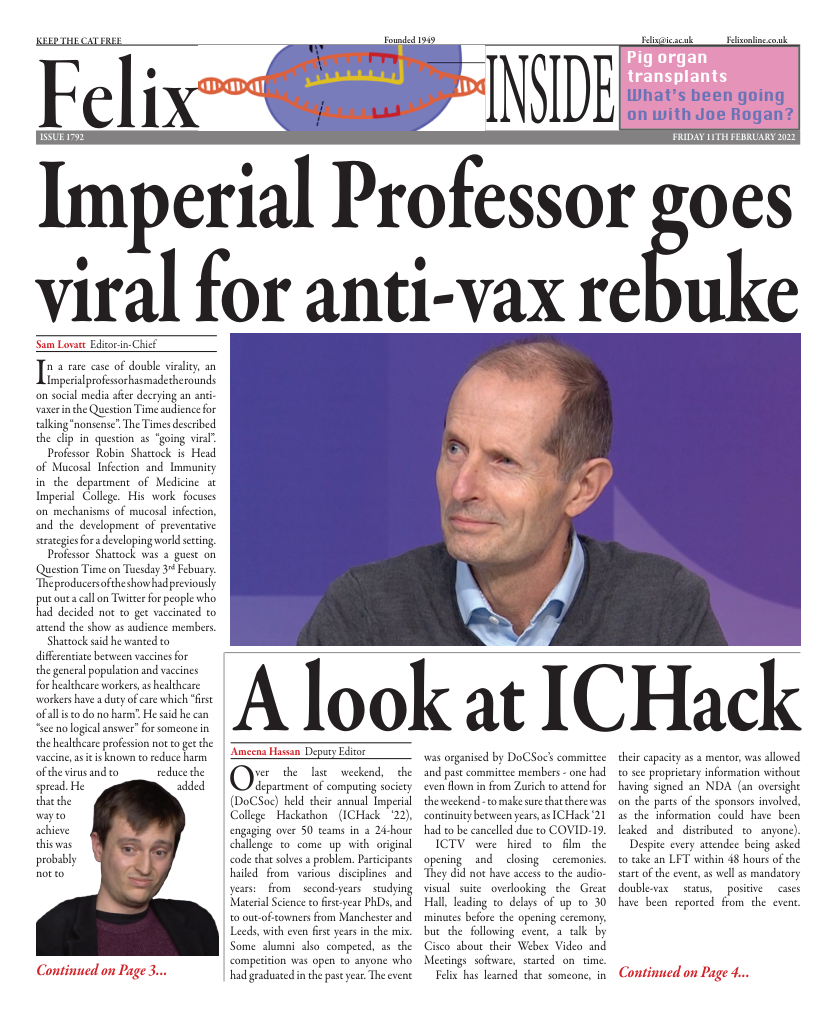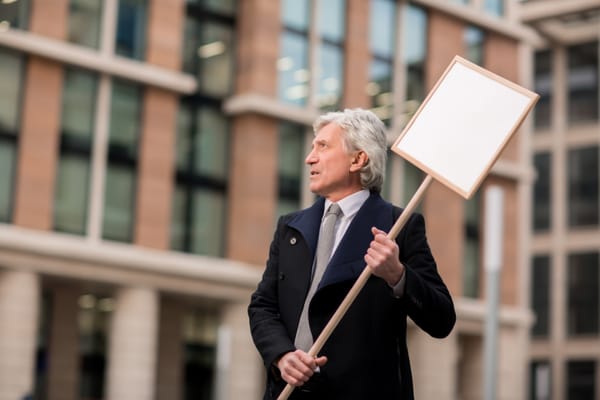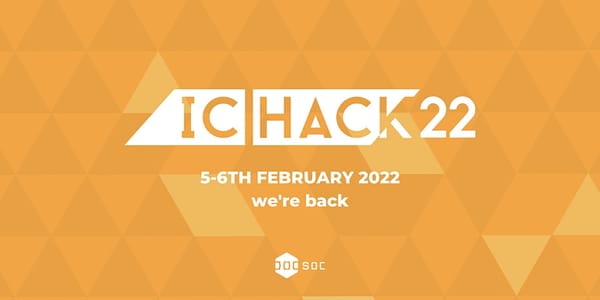Transcription factors
The Times Higher Education have highlighted that universities must now provide all audio-visual content with transcripts at 99% or greater accuracy.

The Times Higher Education (THE) have highlighted that universities must now provide all audio- visual content with transcripts at 99% or greater accuracy.
The requirement is part of wider accessibility legislation that was passed in Parliament in 2018, before the pandemic triggered a tectonic shift to remote working.
The legislation (The Public Sector Bodies Accessibility Regulations 2018) does add that it “does not require a public sector body to comply with the accessibility requirement if doing so would impose a disproportionate burden on the public sector body”.
The 99% accuracy caveat, noted by THE but so far unverified by Felix, is at odds with many students’ experiences of auto-generated captions by Panopto.
THE highlighted that “systemic inequalities” are brought to light by the transcript requirements. Those who speak English as a second language are more likely to have less accurate transcripts of their speech auto-generated, and regional dialects across the UK lead to differing outcomes in accuracy. Apparently, an accurate transcript of a one hour lecture can take up to three hours to produce, landing an unfair burden on the lecturers who are asked to produce them, on top of already having given the lecture.
It is worth noting that the legislation places the burden on the public body, in this case the university, and not the lecturer themselves. Imperial’s current guidance around accessibility states “We recommend using closed captions for online videos”.
It also states that accessibility guidance applies to all online teaching material from the 20/21 academic year and beyond.
On lecture transcripts, the College says “A text alternative must be provided in the form of closed captions. The alternative text may be auto generated, but it should ideally be checked for accuracy by a human expert”, seemingly adding this burden to the lecturer in question. Indeed, this is confirmed in the ‘suggested workflow’ where it is stated that the captions should be checked “by the lecturer or their delegate”.









